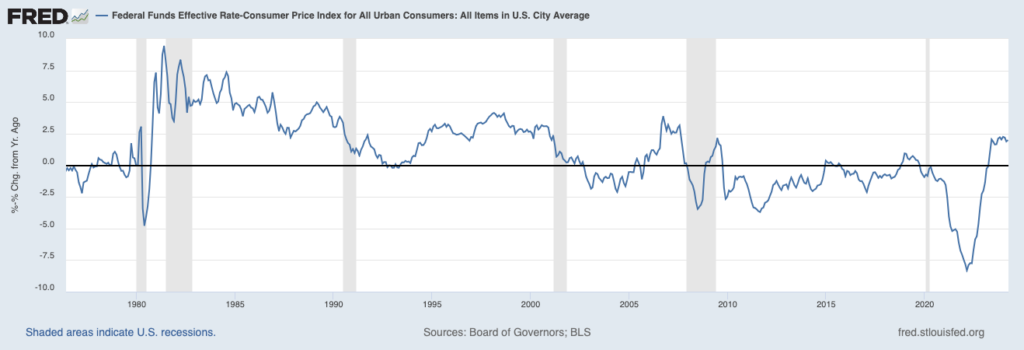I don’t get why people are treating Helene like some unpredictable catastrophe, rather than just the way things are now.
I’m like, “Hey, it’s going to be like this all the time from now on—either impending disaster, disaster occurring, trying to rescue people from the disaster, or recovering from disaster—from now on.”
It’s weird that people don’t understand that. I mean, it’s so obvious to me, but people are still treating each new disaster as an unpredictable one-off.
Although some people are getting a clue. Zillow, for example, will now show climate risks for property listings in the US.


